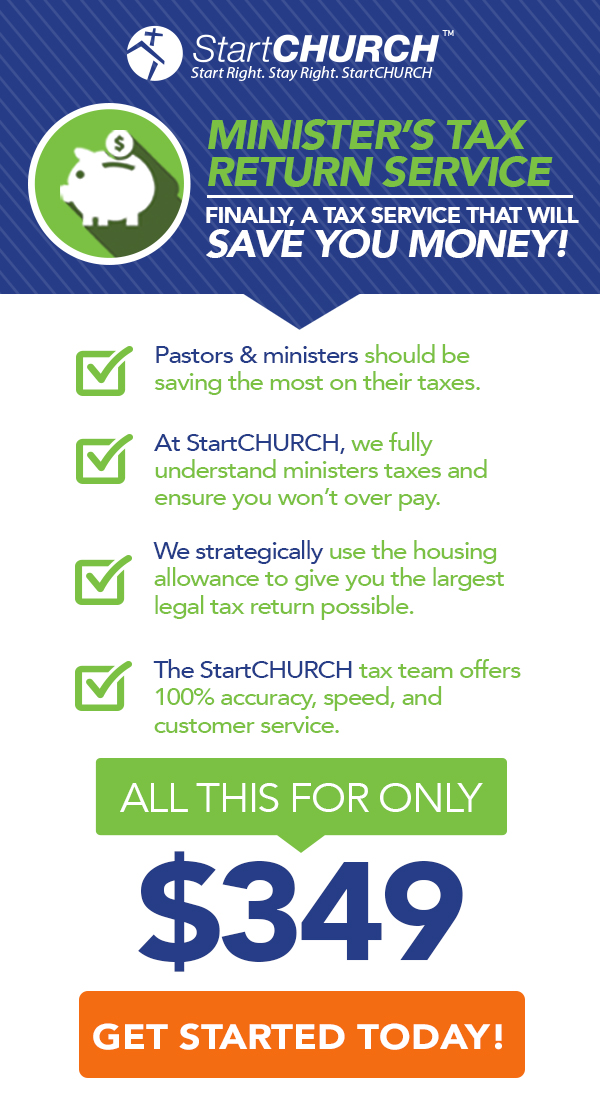Reading Area
Alibaba Private Bank to Launch in First Half of 2015
Yue Wang, Contributor
Alibaba Group Holding’s finance arm will launch its private bank by June this year, Yu Shengfa, vice president of the Alibaba affiliate, says during a press event today.
“We have submitted required reports to authorities in March,” Yu says. “We expect to open the bank in May or June.”
Zhejiang Ant Small & Micro Financial Services Group, which processes e-commerce payments and is crucial to Alibaba’s operations, won approval to set up a privately owned bank in September. The bank will be 30% owned by Ant Financial. Shanghai Fosun High Technology will own 25%. The rest will be taken up by private investors including a subsidiary of Wanxiang Group and Ningbo Jinrun Asset Management.
Separately, Yu announced that the financial affiliate has won a 500 million yuan loan from the International Finance Corporation. The money will be used to expand lending to female entrepreneurs. Goldman Sachs, which is also part of the deal through its 10,000 Women initiative, estimates that female entrepreneurs in China face a financing gap of $25 billion.
“Chinese female entrepreneurs are very cautious,” Yu says in response to a question from Forbes. “They don’t want their companies to get too big, but such small companies have a lot of difficulties in obtaining loans from banks.”
The deal comes as Alibaba is expanding its reach to small- and medium-sized companies in China. Ant Financial has said that it wants the private bank, to be headquartered in Hangzhou, to focus on deposits of less than 200,000 yuan and loans under 5 million yuan as part of the support for groups underserved by China’s state-owned financial institutions.
The government in Beijing is also stepping up support for SMEs. China’s central bank, the People’s Bank of China, has cut reserve requirement ratios of banks that give sizable loans to the rural sector and small businesses.
Ji Min, an official with the PBoC, says financial support for SMEs run by female entrepreneurs lags behind.
“This is very much a blank area,” he says at the event. “It has a lot of potential.”
Understanding how People fall into Poverty
By Lucy Mangan
Last week, I took part in a comedy night to raise money for the charity Refuge, which supports women and children who have experienced domestic violence. It was a great night: partly because it raised several thousands of pounds for the cause; partly because it was sponsored by Benefit cosmetics, and the idea of a benefit being sponsored by Benefit pleased me greatly; and partly because standup comedian Bridget Christie finished her act with a plea for all laydeez to stop waxing, spraying, deodorizing, strimming and surgically trimming their – well, let’s call it “that part of ourselves historically judged to be the seat of all our femininity and womanly powers” – and instead celebrate our individuality by thinking of those parts as “unique, special – like snowflakes. Made of gammon”, which was both a new thought and a new image, neither of which has left my mind since.
Less uplifting, however, was the number of times I heard, when I mentioned Refuge to people, some variant of: “But what I don’t understand is – why don’t these women just leave?”
We don’t need, I think – I hope – to detail too extensively here the exact answer to that question. Bullet points: an immediate fear of being punched, kicked, bitten, gouged or killed, and of the same happening to your children, preceded by months or years of exploitation of the weakest points in your psyche by a master of the art; an erosion of your self-confidence, liberty, agency and financial independence (if you had any to begin with), coupled with a sense of shame and stigma and a lack of practical options; no money, no supportive family or friends, nowhere to run.
So, let’s concentrate instead on the lack of imagination, the lack of empathy inherent in that question. Because it shapes a lot of questions, and particularly those that animate government policy and the political discourse that will start filling the airwaves more and more as we move towards the election.
Read More »
Listen, I always want to say, if you’re genuinely mystified, answer me this: have you never had a really bad day and really wanted – nay, needed – an extra glass of Montrachet on the roof terrace in the evening? Or such a chaotic, miserable week that you’ve ended up with a takeaway five nights out of seven instead of delving into Nigella’s latest?
You have? Why, splendid. Now imagine if your whole life were not just like that one bad day, but even worse. All the time. No let-up. No end in sight. No, you can’t go on holiday. No, you can’t cash anything in and retire. No. How would you react? No, you’ve not got a marketable skills set. You don’t know anyone who can give you a job. No. No.
And on we’d go. “Why do the poor not always take the very cheapest option – in food, travel, rent, utilities or a hundred other things you can find if you or an obliging paid or unpaid intern trawl and filter case studies for long enough – and stop being so, you would know, poor that way?” someone will ask. And some kind soul – not me, I’d be off for a lie down and some pills by this time – would ask if the questioner had ever been under so much pressure that he’d had to throw money at a problem to secure an immediate answer, to get something rather than nothing, even if it meant paying over the odds, perhaps because someone was exploiting your desperation?
Oh, you have? Well, that bond issue you missed because you had a cashflow crisis after buying the villa in Amalfi, and that box at Glyndebourne for your parents’ wedding anniversary you forgot about till almost too late, have their parallels with furniture for a council flat or with a child’s present bought on punitively interest-rated credit … and so on, until somewhere along the line our boy would have to admit that he shared the same irrational impulses as people all along the socioeconomic scale, differing only in degree of consequences, not in kind.
I don’t understand how the people in charge of us all don’t understand. If you are genuinely unable to apply your imagination and extend your empathy far enough – and you don’t have to do it all at once; little by little will suffice, but you must get there – then you are a sociopath, and we should all be protected from your actions. If you are in fact able and choose not to, then you’re something quite a lot worse.
So, these are the questions I’d like to see pursued once the televised prime ministerial debates begin (if enough speakers agree to turn up, natch): have you ever had a bad day? Have you ever been really, really tired? Have you ever been alone, or frightened, or not had a choice about something? If yes, was your response unique among man? If no, are you a madman or a liar? Do tell. Do tell.
Mantel of greatness
If it’s wrong to feel this happy about Wolf Hall, then I don’t want to be right. The story of Hilary Mantel’s will-be trilogy – like the story within it – has everything. An unhappy child from an unremarkable family in an unremarkable village grows up to be an author of genius. She quietly produces book after brilliant book, virtually unrecognized, then finally comes into her kingdom with the story of the Reformation told from Thomas Cromwell’s point of view. Difficult but compelling, uncompromising but – once you’ve cracked the first 50 pages, at least – accessible, it is a profound commentary on our times, but also a serpentine thriller, a new twist on an old story, familiar yet revelatory; it wins prizes, is adapted for an acclaimed stage production and has now become what looks from the opening episode a few nights ago to be an equally magisterial television series.
And behind it stands Mantel, overseeing everything, accepting the prizes and plaudits with grace and without self-deprecation or false modesty, turning out essay after beautiful essay, never boasting of or hiding the depths of her sinuous, subtle, extraordinary intelligence, effortlessly sidestepping every possible curse, temptation and bad habit of the modern age. It’s like a glorious love affair that has yet to go, as I believe the Tudors said, tits up. And still five more weeks of Mark Rylance, and one whole new book to come.
Middle- and low-income Americans are facing far higher state and local taxes than the wealthy, according to a new report assessing tax data from all 50 states. In all, the analysis by the nonpartisan Institute on Taxation and Economic Policy (ITEP) finds that the poorest 20 percent of households pay on average more than twice the effective state and local tax rate (10.9 percent) as the richest 1 percent of taxpayers (5.4 percent).
ITEP researchers say the incongruity derives from state and local governments’ reliance on sales, excise and property taxes rather than on more progressively structured income taxes that increase rates on higher earnings. They argue that the tax disconnect is helping create the largest wealth gap between the rich and middle class that has ever been recorded in American history.
“In recent years, multiple studies have revealed the growing chasm between the wealthy and everyone else,” Matt Gardner, executive director of ITEP, said. “Upside-down state tax systems didn’t cause the growing income divide, but they certainly exacerbate the problem. State policymakers shouldn’t wring their hands or ignore the problem. They should thoroughly explore and enact tax reform policies that will make their tax systems fairer.”
The 10 states with the largest gap between tax rates on the rich and poor are a politically and geographically diverse group — from traditional Republican bastions such as Texas and Arizona to Democratic strongholds such as Illinois and Washington. The latter state, reports ITEP, is the most regressive of all, imposing a 16.8 percent effective tax rate on its poorest 20 percent, while letting its 1-percenters pay just a 2.4 percent rate. Four of the top 10 most regressive states levy no personal income tax at all.
By contrast, the states identified as having the smallest gap in tax rates are California, Delaware, Minnesota, Oregon and Vermont — all Democratic strongholds and all relying more heavily on progressively structured income taxes. Montana is the only Republican-leaning state ITEP researchers identify among the states with the least regressive tax rates.
In September, Standard & Poor’s released a study showing that increasing economic inequality hurts economic growth and subsequently reduces public revenue. The report found the correlation highest in states that relied most heavily on regressive levies such as sales taxes.









